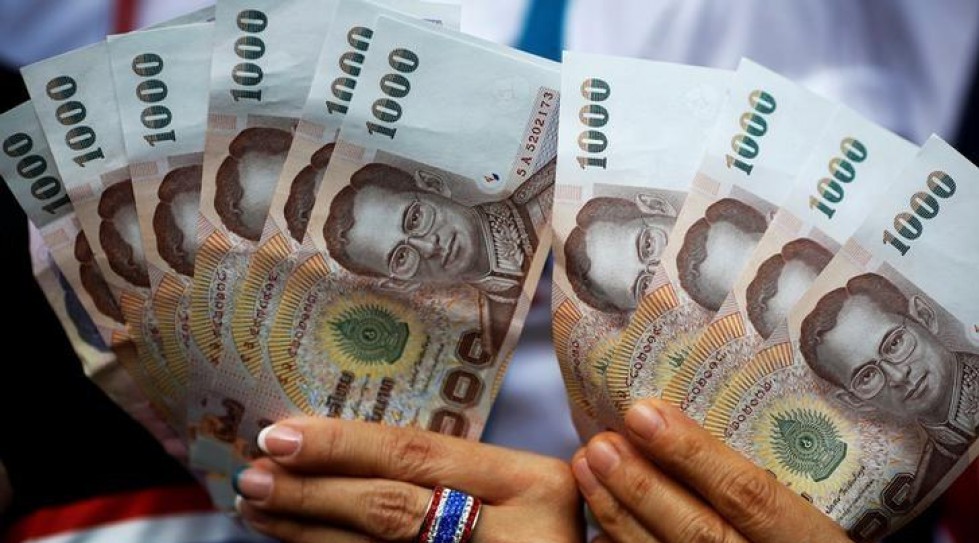13 June 2019 Singapore, June 13, 2019 — —Thailand will likely maintain continuity on infrastructure investment, after the country’s recent election results.
But its ageing society, moderate competitiveness and labour skills shortages remain key credit challenges.
Moody’s Investors Service has just released an FAQ on the Government of Thailand (Baa1 stable), analysing the outlook for policy, growth and structural reforms, against the backdrop of global trade tensions.
Moody’s report also examines the impact of Thailand’s elections in March 2019.
Moody’s expects policy continuity on the country’s 20-year national strategy, including investment in the flagship Eastern Economic Corridor. However, opposition to the ruling coalition’s slim majority in the lower house of parliament could delay the implementation of certain policies.
On the issue of how Thailand’s fiscal and external position will evolve, Moody’s says that Thailand will likely sustain its strong fiscal position, regardless of political developments, because of the country’s track record of adhering to fiscal rules, a factor that also supports Moody’s assessment of very high policy effectiveness.
Ongoing inflation within target and financial stability are factors that underscore the country’s monetary policy effectiveness, and persistent balance-of-payments surpluses will continue to bolster foreign exchange reserves and contribute to low external vulnerability risk.
Thailand’s ageing society to weigh significantly on growth potential.
However, absent significantly higher migration, the aging of Thailand’s society will weigh significantly on growth potential.
Moreover, while data indicate that Thailand’s education standards are higher than the average for countries with similar incomes, they remain lower than some rating peers and Asian neighbours.
In the absence of ongoing policy reform, this situation will exacerbate demographic and skills constraints, and weigh on economic competitiveness.
As for the impact of the US-China trade dispute on Thailand’s economy, Moody’s says that while exports to China are declining, Thailand’s exposure to China is more moderate than for other Asia Pacific economies.
About the author
Boris Sullivan is a business news editor based in Hong Kong. He has over 15 years of experience in covering the latest trends and developments in the Asian markets, as well as the global economy.









